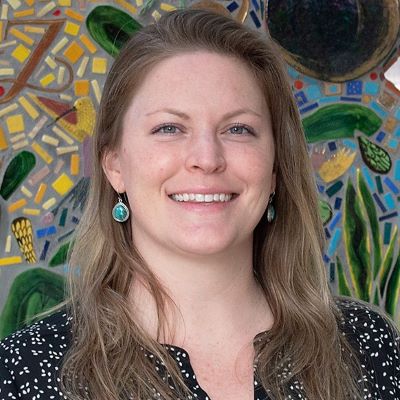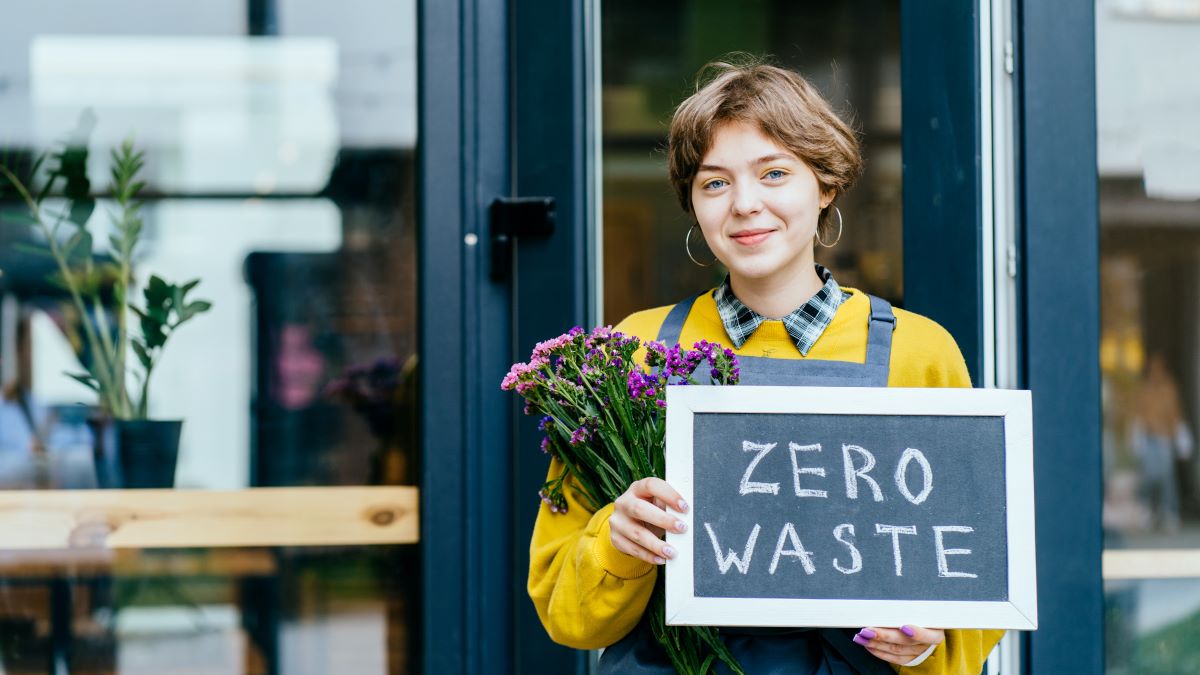Small businesses make up the majority of businesses worldwide, accounting for more than 90% of the total. They provide more than half of all employment and are the main economic drivers. The small business community has a great opportunity to make a significant impact on sustainability, given its broad collective scope.
But we don’t often hear about the approach small businesses are taking to reduce their carbon footprint. However, stories, case studies, and resources abound for large corporations implementing more sustainable practices. However, these strategies are not applicable to the average small business.
In addition to a lack of resources, several misconceptions can keep small businesses from pursuing sustainability. But now, with increasing frequency, small business owners around the world are rejecting those misconceptions—finding creative ways around the challenges of incorporating sustainable practices into small business.
Misconceptions about sustainability in small business
There are many reasons why small businesses don’t pursue sustainability initiatives as well as their corporate-level counterparts. For starters, most large corporations don’t have the resources to work. They lack dedicated teams to strategize and develop sustainable solutions. Nor are there many strategic roadmaps to address the realities of small business operations.
Resources aside, however, the biggest stumbling blocks are often misconceptions about sustainability and small business. Two of these tend to prevail: the belief that the average small business cannot make a significant impact, and sustainability is a cost center because it costs the business money and does not directly increase profits.
Small businesses represent the majority of businesses worldwide and more than half of the gross domestic product (GDP) in developed countries, making them a major contributor to environmental pollution. But this means that they have a great opportunity to influence in another direction.
Sustainability doesn’t have to be a cost center and, in most cases, saves businesses money by eliminating unnecessary waste or redundancies in the workflow. In some cases, it can even lead to new sources of income.
The first step is to identify where there may be unnecessary waste in the business and what contributes to environmental pollution. Consider starting with one process and then start peeling back the layers.
That’s what many small businesses accredited by Sustainable Earth have done when they embarked on a sustainability journey.
Making an impact on small businesses
Sustainable Earth – an online sustainability resource created by Arizona State University – recently recognized 15 small US businesses with the Sustainable Earth Small Business Awards (SESBAs). These businesses are working to make their businesses more sustainable and were willing to share their stories to inspire other small businesses.
Well-known businesses fall into three categories:
- First, permanent; They started with a sustainable mission.
- Transition businesses; Those who take steps to be more sustainable, whether through waste reduction or giving back to the planet and society
- Individual winners: Individuals who are solopreneurs or in a company are making a big impact in their community.
Walk This Way: The Sustainable-First Food Truck
One of the “sustainability-first” businesses, Wok This Way calls itself Arizona’s first “green” food truck. The company serves 100% plant-based, Asian-inspired food and also employs people with special needs. And since its inception, its mission has been to teach sustainable practices and deliver nutritious food to combat climate change.
“Modern food systems are having a negative impact on the environment, contributing to large amounts of waste and food waste,” said founder Christine Mills. “They are also major consumers of energy, fossil fuels and water. When we learned this during the truck’s initial development, we knew Wok This Way had to do better.
Mills wants to be a leader in developing sustainable operating models for other food trucks and brick-and-mortar restaurants. Lacking a role model to follow, she first sought support by joining the Green Restaurant Association (GRA), and then Local First, a nonprofit organization dedicated to community and economic development throughout Arizona.
Through it all, Mills cuts business waste through composting, biodegradable packaging and materials, and recycling. She is working on integrating solar panels and rechargeable batteries on the roof of the truck, which she estimates will reduce energy consumption by 60%. Mills also estimates that the business saves 40 gallons of water per event by recycling 100% of the truck’s water usage. The car also runs on biodiesel.
For other businesses, especially food businesses, pursuing sustainability initiatives, Mills recommends doing your research.
“The more you learn about the food industry and the impact it has, the easier ways you can make a difference,” she says. “It gives you the opportunity to decide how sustainability fits into your business.”
She also advocated cooperation and not being afraid to ask for help. Most other small businesses are open to joining forces or sharing learnings. And finally, Mills believes one of the easiest ways to support a more sustainable and just society is to create more inclusive employment practices.
MISGIF: Transitioning to sustainable photo booth options
Another example is MISGIF, a photo booth activation agency that has been transitioning to sustainability over the past few years. Now the company’s mission is to provide sustainable photo booth options that have a positive impact on the environment and society. To make these changes, the team took the following steps.
- Deleted printed photos, converting to an all digital model
- He began promoting reusable back drops instead of balloon implants
- Finding projects and rental offers from local businesses in the same area of the event
- Setting up photo booths with LED lights
- Low-flow faucets and energy-saving sinks and lighting for their office decoration
A collection of these seemingly small steps had a big impact and, as the MIGSIF team put it, “helped change the way we do business for the better.”
HighWire: Cutting-Edge Cocktail Place Goes Green
Finally, HighWire, a molecular hybrid study lounge and community space in Tucson, Arizona, doesn’t always operate with sustainability in mind. But when owner Nick Wayne learns about the implications of the waste produced by businesses, he embarks on a new mission.
A 1,500-gallon rainwater collection system was installed that supports the site’s vegetation and provides water for trees and plants in the surrounding downtown area. It also includes low-water-use appliances that save 20 percent of the federal standard. He also replaced all lights with LEDs, swapped straws and cups for compostable options, and made disposable straws and cups available only upon request. Throughout the year, the team receives sustainability training from Ms. Green’s World. He is now working on composting food waste and working with the city on efficient recycling.
“There’s definitely value in doing green business,” Wayne said. “By switching to composting straws and water cups, we were charging $5,000 more per year for those products. However, we now only provide straw and water on request. Low-water toilets and low-energy lighting were added to the budget when Haywire was renovated. I felt that the money was well spent and that it would be returned in time.
Although he hopes that green products will be standardized and easily accessible to everyone, he does not see sustainability as a negative value. It’s an investment in his team, community and future.
“An unexpected result of ‘going green’ at Haywire is the excitement and enthusiasm of the employees,” said Wayne. “They really seem to enjoy the training and have a voice in how we can make an impact.”
Sustainable Earth Small Business Awards
A lasting start
Transition businesses
Individual champions
About the author
 Caitlin Armbruster is a program manager under the Global Futures Lab at Walton Sustainability Solutions Services at Arizona State University. In addition to numerous sustainability initiatives and programs, Armbruster also oversees Sustainable Earth, a website for sharing knowledge, news and ideas for a cleaner Earth.
Caitlin Armbruster is a program manager under the Global Futures Lab at Walton Sustainability Solutions Services at Arizona State University. In addition to numerous sustainability initiatives and programs, Armbruster also oversees Sustainable Earth, a website for sharing knowledge, news and ideas for a cleaner Earth.





